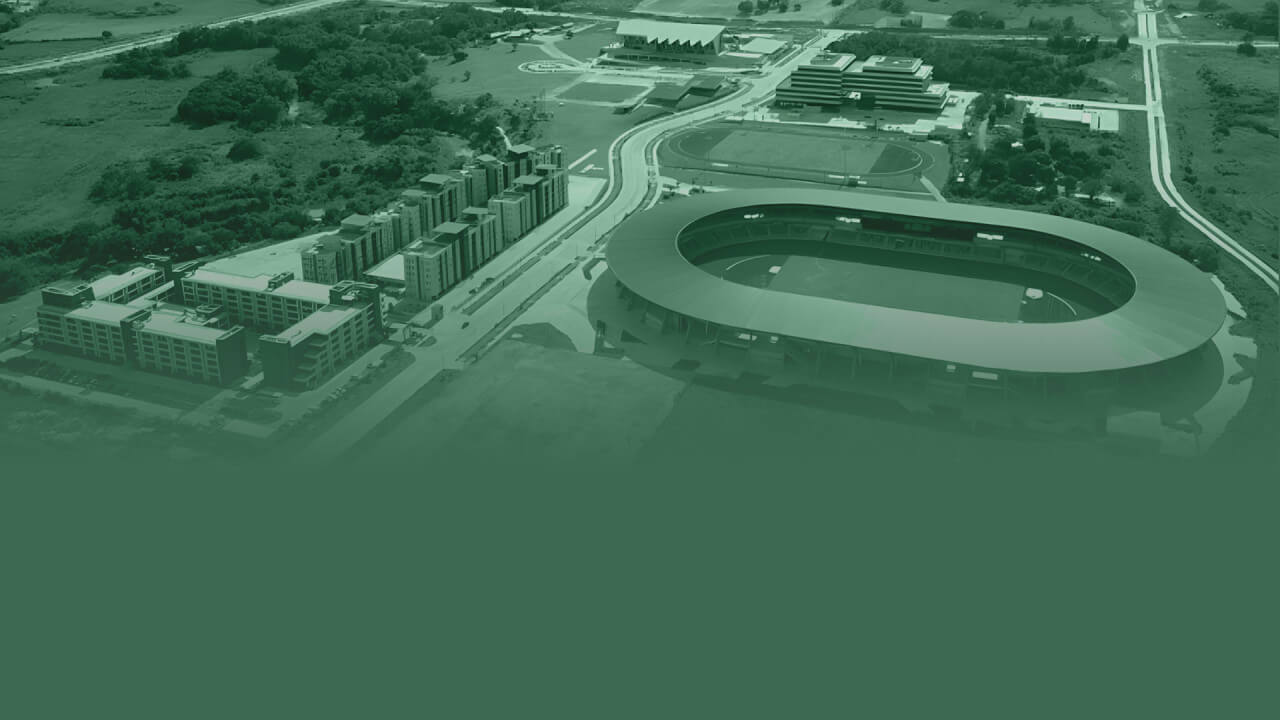

A memorandum of agreement (MOA) was signed on March 21, 2025, by BCDA President and CEO Joshua M. Bingcang, HFI executive director Ana Christi G. Galura, and HPI director of corporate finance Sheila M. Rivera.
The pavilion, which forms part of the first phase of the AEBC project, is envisioned to serve as a vital structure for training, meetings, exhibits, and cultural activities that support and preserve Aeta heritage.
Agri education, environmental stewardship
“In New Clark City, our goal is to ensure that economic growth and development benefit all sectors of society, especially our local Aeta communities,” said Bingcang. “We are committed to empowering our stakeholders and building this Ayta Ethno Botanical Center into a cornerstone for agricultural education, innovation, and environmental stewardship.”
Galura emphasized the project's broader impact, noting, “Everyone has a responsibility in nation building. Aside from the promotion of cultural heritage, agriculture, and innovation, this project also promotes employment and entrepreneurship. Through the knowledge and skills that will be gained within the halls of the AEBC, our Aeta and Capampangan communities will become more future-ready.”
AEBC development in phases
The 10-hectare AEBC, led by BCDA in partnership with the Department of Agriculture Regional Field Office III and Pampanga State Agricultural University (PSAU), aims to enhance the agricultural capacity of local farmers and fisherfolk. It will also serve as a model for sustainable food forests, contributing to food security, livelihood generation, and climate resilience in Clark.
The development will be implemented in three phases. Phase 1 includes the construction of the pavilion, ceremonial grounds, a market, a coffee shop, a tamarind orchard, a coffee farm, and a pond. Phase 2 will add a mango orchard, picnic areas, and nature trails, while Phase 3 will introduce rice terraces, a bamboo grove, a dormitory, and a viewing deck.
Project financing, construction
HFI will finance and carry out the construction of the pavilion, following the conceptual plan prepared by BCDA and PSAU. BCDA will oversee the overall design and manage AEBC operations in partnership with PSAU.
The project supports the United Nations Sustainable Development Goals, specifically Zero Hunger, Decent Work and Economic Growth, and Sustainable Cities and Communities.
This partnership signals a long-term commitment by Hann to support AEBC beneficiaries through additional livelihood initiatives and the development of the Ayta Museum. —Ed: Corrie S. Narisma


